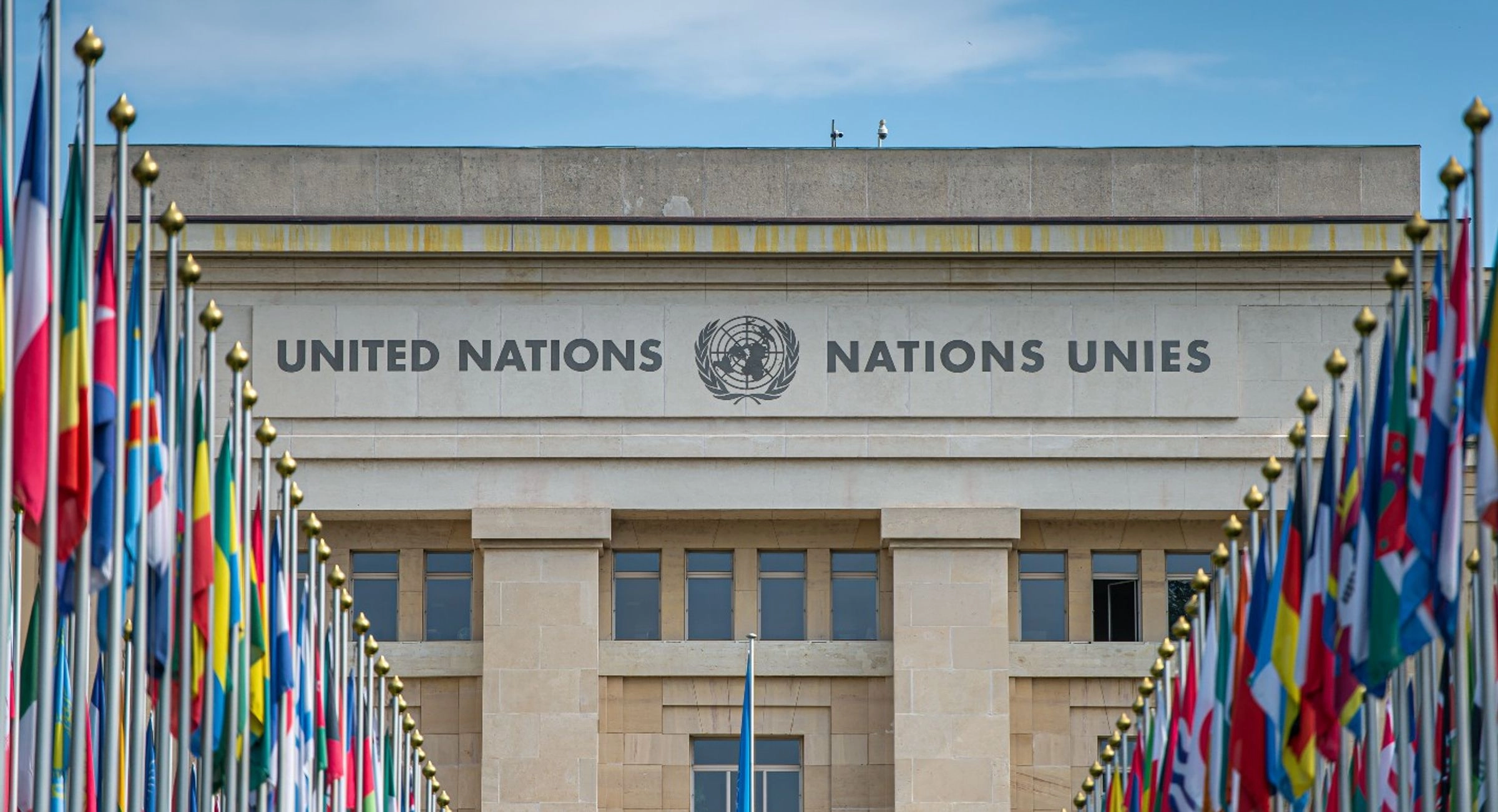Why the UN Needs Major Reform to Achieve Its Peace Mission
Introduction: The Urgent Need for UN Reform
What is preventing the United Nations from fulfilling its core mission of maintaining global peace and security? Why do world leaders, including Turkish President Recep Tayyip Erdogan, consistently call for structural reforms within the UN? How can the organization adapt to the challenges of the 21st century? These questions lie at the heart of an ongoing debate about the future of international diplomacy.
The UN was founded in 1945 with the noble goal of preventing another world war. However, as Erdogan recently emphasized, the organization's current structure reflects the power dynamics of the post-World War II era rather than today's multipolar world. With rising geopolitical tensions, climate crises, and humanitarian emergencies, the need for a more effective UN has never been greater.
The Structural Challenges Facing the UN
Outdated Power Structures
The UN Security Council's permanent five members (P5) – the U.S., Russia, China, France, and the UK – hold veto power that often paralyzes decision-making. As Erdogan pointed out, this system allows "the world's fate to be left at the mercy of five countries." Recent examples include repeated deadlocks over Syria and Ukraine, where vetoes have blocked decisive action.
Representation Imbalance
Africa, Latin America, and the Muslim world remain dramatically underrepresented in permanent Security Council seats. Turkey has proposed expanding the Council to include more regional powers, arguing this would make the UN more democratic and effective. The current structure fails to reflect the economic and political rise of countries like India, Brazil, and South Africa.
Key Areas Requiring Reform
1. Security Council Restructuring
Proposals include expanding permanent membership (without veto power) to major regional powers and implementing term limits for non-permanent members. Some suggest replacing the veto with a supermajority voting system to prevent single-country obstruction.
2. Peacekeeping Modernization
UN peacekeeping missions often lack adequate funding, clear mandates, and rapid deployment capabilities. The 2019 failure to protect civilians in South Sudan demonstrated these weaknesses. Reforms could include standing rapid-response forces and better coordination with regional organizations like the African Union.
3. Financial System Overhaul
Chronic budget shortfalls and reliance on voluntary contributions hamper operations. A more equitable funding formula and measures against political withholding of payments (as seen with the U.S. under Trump) could provide stability.
Case Studies: Where the UN Has Fallen Short
The Syrian Civil War represents perhaps the most glaring UN failure in recent memory. Despite over 500,000 deaths and 12 million displaced, the Security Council remained paralyzed by Russian and Chinese vetoes. Similarly, in Myanmar's Rohingya crisis, the UN struggled to mount an effective response due to geopolitical constraints.
Conversely, the UN's successful coordination of the 2015 Paris Climate Agreement shows what's possible when major powers cooperate. This demonstrates that reform could amplify such successes across other issue areas.
The Path Forward: Realistic Reform Proposals
Erdogan's "World Is Bigger Than Five" campaign outlines a vision for gradual reform:
- Immediate expansion of non-permanent Security Council seats
- Phased introduction of new permanent members without veto power
- Stronger General Assembly authority on budgetary matters
- Regional rotation systems for leadership positions
While ambitious, these changes could make the UN more representative without requiring P5 nations to surrender veto power immediately – a key obstacle in past reform efforts.
Conclusion: A Crossroads for Global Governance
As President Erdogan stressed, UN reform isn't just desirable – it's essential for addressing 21st-century challenges from pandemics to cyber warfare. While political hurdles remain, the growing consensus among middle powers suggests change may finally be possible. The alternative – an increasingly irrelevant UN – would leave the world far more dangerous.
The coming years will determine whether the UN evolves into a truly effective peacekeeper or remains constrained by its 1945 architecture. For millions affected by conflict worldwide, the stakes couldn't be higher.






